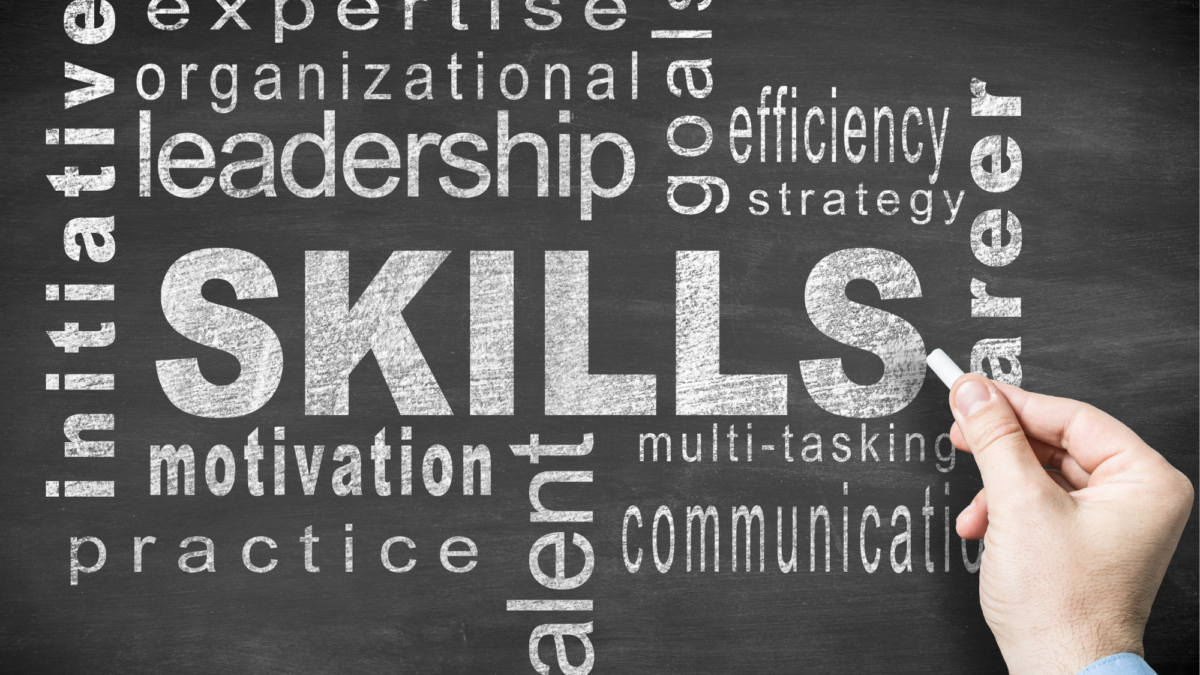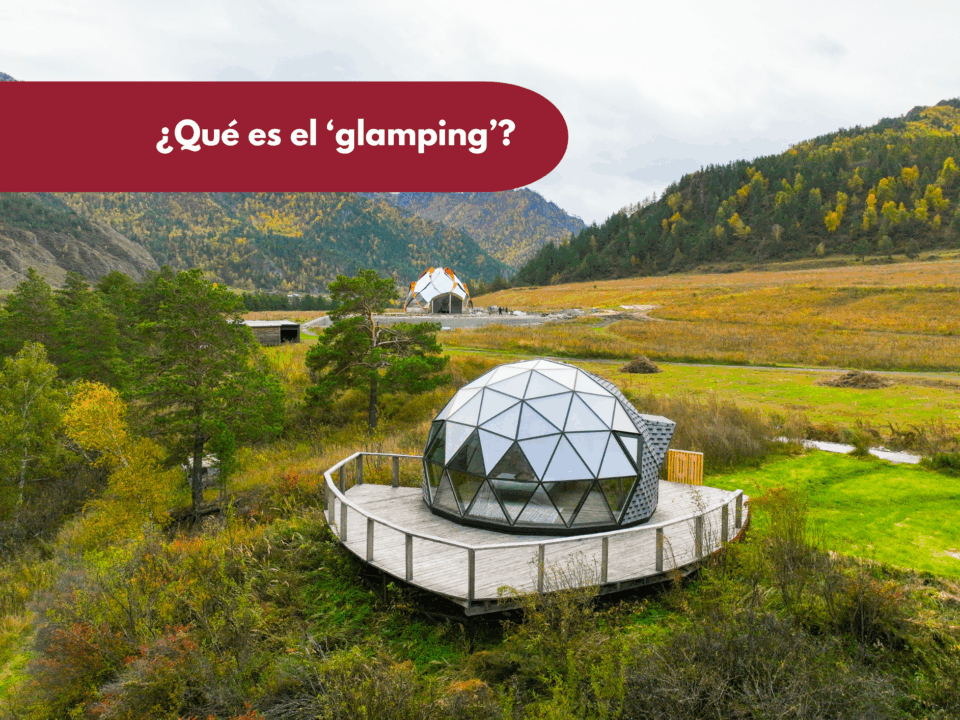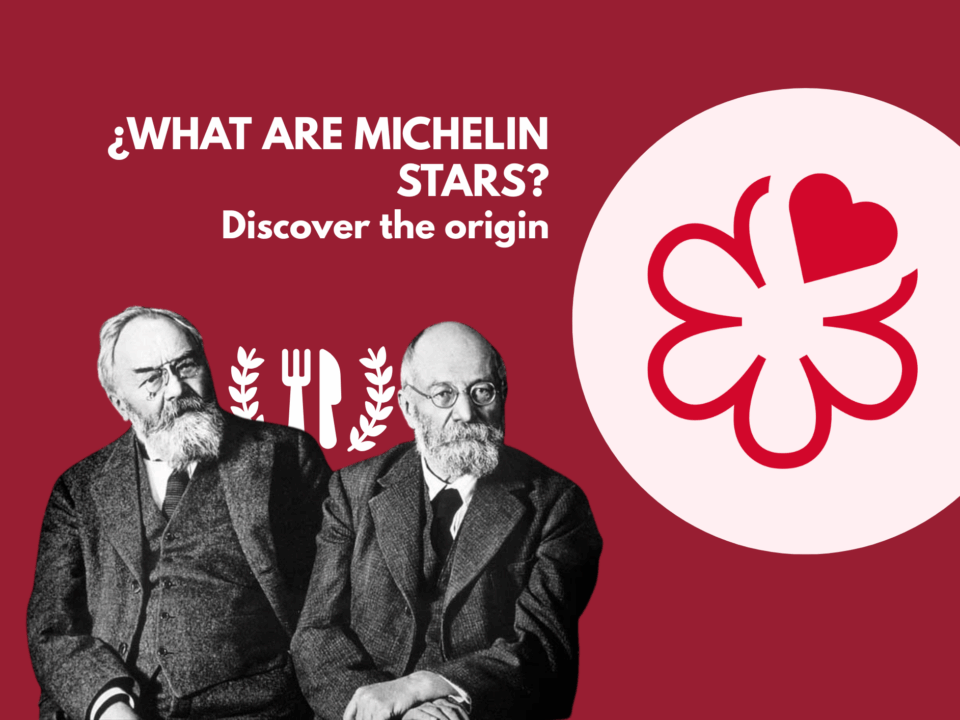
Which are the world’s 50 best hotels?
19 May, 2025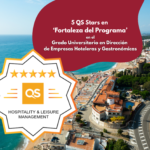
EUHT StPOL obtains 5 QS Stars rating for ‘Programme Strength’ in the Bachelor’s Degree
19 June, 2025The hospitality sector has many well-known technical words: front desk, check-in, room service, guest service, revenue management, housekeeping... but today we are going to delve into one of the essential ones for a professional in the sector: soft skills. What are they? Why are soft skills important in the hospitality sector? How can they be acquired?
Soft skills are defined as those skills that a person acquires through experience and interaction with other people. They are interpersonal skills linked to values, empathy, communication or emotional intelligence, among others.
In the hospitality sector they are especially important, as this is a sector with extensive and constant contact with people, whether at the reception desk of a hotel, in the dining room of a restaurant, in a kitchen, etc.
These are just some examples of the most relevant in this sector: responsibility, ethics, multiculturalism, teamwork, honesty, conflict resolution, empathy, confidence, critical thinking, communication, languages, stress management, resilience, proactivity, etc.
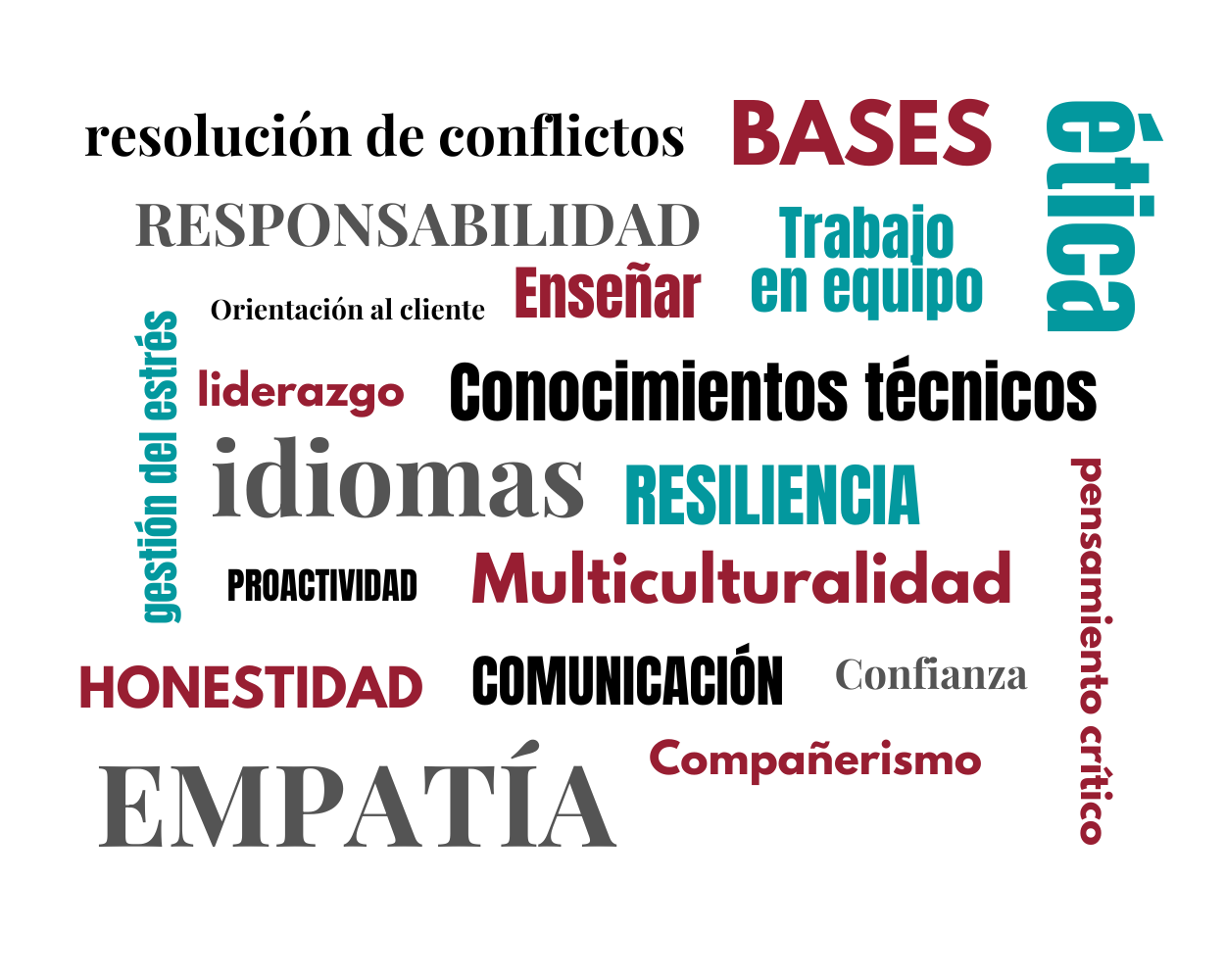
Some of the most important within the sector are:
- Resilience: it is defined as a person's ability to adapt to adverse situations, face challenges and move forward despite difficult or stressful environments. In the hospitality sector this is of great importance, as during a working day there are many adverse situations that can arise. But the ability to bounce back, cope and resolve them is what makes a great professional stand out.
- Stress management: Closely related to resilience is the ability to manage the stress that can be created, for example, in a kitchen or in a restaurant on a busy day. The ability to manage all that stress and the pressure to get everything right is of great importance for a professional in the sector.
- Empathy: this is defined as the ability to put yourself in other people's shoes, understand them and connect emotionally. This soft skill, although it may seem obvious, is of great importance when working with clients. Often a client may present a specific situation that, as a professional in the sector, we must know how to listen, understand and be able to offer the best possible solution.
- Multiculturalism: another of the key soft skills for the sector is closely related to the previous ones. It is the ability to listen to, understand and respect all the cultures of the world. In tourism, we will be dealing with people from all countries and cultures of the world, which may be similar or different to our own. Respecting, listening and understanding them is what makes a professional a great professional.
- Languages: related to multiculturalism, we have languages. Knowing different languages is an added value in the hospitality sector, which will allow us to have a closer and more trusting relationship with the client and will facilitate mutual understanding.
- Basis: professionalism and soft skills go hand in hand with a good basis and a great theoretical knowledge. That is why training is essential. At EUHT StPOL we are committed to a theoretical-practical educational format, in order to develop soft skills at the same time as acquiring a strong theoretical base.
- Communication: Finally, another of the many essential soft skills is communication. Within a work team it is essential to maintain a good flow of communication with all team members. A well-communicated team is an efficient team.
Learning by doing, the key to soft skills learning
Soft skills are not learned in a theoretical context. While the theoretical part is important, it teaches other types of knowledge that are also essential to be a professional in the hospitality sector. However, the way to acquire soft skills is through direct experience and continuous interaction with customers and teammates.
Highly sought after by industry recruiters, soft skills are developed through constant practice and learning in real-world environments. At EUHT StPOL, our students start acquiring them from day one, thanks to our methodology and our hotel-school, which allows them to deal with real clients from day one.
Why are soft skills important?
In addition, they allow them to excel in situations where skills beyond the theoretical part are required. For example, knowing how to resolve a customer complaint with empathy and efficiency can make the difference between a negative experience and long-term loyalty. In such a competitive and demanding environment, these skills can be key to building a solid professional reputation...
A good way to strengthen soft skills is through training programmes, internships or volunteering. Participating in multicultural teams, taking responsibility in projects or facing real challenges are great opportunities to develop these skills. To sum up, it is about learning by doing and being open to constant feedback.

